|
Robert Tannenbaum is the newly appointed General Director of Sacramento Regional Performing Arts Alliance which merged the operations of Sacramento Opera and the Sacramento Philharmonic. He returned to the U.S.A. following a long and successful tenure as Professor of Opera the Hochschule für Musik und Theater in Munich, Germany. For seven years (2001-2007), he was the Director of Production of the Badisches Staatstheater in Karlrsruhe, Germany. For many years, he was one of the few active American directors on the European scene. He previously served as the youngest and only American General Director and C.E.O. of a German state theater, the Stadttheater Giessen, where he presented a year-round program of opera, musicals, plays, dance, and symphony concerts with a staff of more than 200 full-time employees and a yearly operating budget of 15 million dollars. Prior to becoming General Director in Giessen, he served as Director of Opera at the Städtische Bühnen in Münster. Mr. Tannenbaum has been engaged as a guest director for new productions throughout Germany, France, and the U.S.A., including, most notably: Der Traumgörge in Bremen; Cardillac Don Carlo, and The Mikado in Freiburg; The Rape of Lucretia in Cologne; Turandot in Kassel La Fanciulla del West in Tulsa; Idomeneo for Chicago Opera Theater; L'Italiana in Algeri in Bogota, Colombia; and Aida in Dayton. Upon completion of his education at Columbia University in New York, Mr. Tannenbaum began a short-term apprenticeship with the San Diego Opera that became a four year association as Resident Stage Director. In that capacity, he directed twenty operas, including Aida, Faust, La Cenerentola, Il Barbiere di Siviglia, Gianni Schicchi, and the west coast premieres of Sousa's The Free Lance and Rimsky-Korsakov's Mozart and Salieri. After leaving San Diego, Mr. Tannenbaum joined the directing staff in Wuppertal, Germany, where he staged revivals of Der Ring des Nibelungen, Nabucco, and Lortzing's Der Wildschütz. In the fall of 1985, he went to Los Angeles to serve as Company Manager to assist the Deutsche Oper Berlin's presentations of Tosca, Le Nozze di Figaro, and Die Tote Stadt. In 1987, he staged his first new production in Europe, von Dittersdorf's Doktor und Apotheker. That same year, he joined the directing staff at the Cologne Opera, where he directed his new production of The Rape of Lucretia. He also returned to San Diego as a guest to direct Rigoletto and Fidelio. In North America, he has directed La Traviata for the Florentine Opera Company(Milwaukee), New Orleans Opera, and Merola Opera, Don Giovanni for the Orlando Opera, and Carmen and Tosca for Cincinnati Opera, Die Fledermaus for the Florida Grand Opera and for Yale Opera, and Il Trovatore for Edmonton Opera. In addition to his duties in Karlsruhe, he has directed a production of Ein Nacht in Venedig in Linz, Austria and in Nuremberg, Germany, and Nabucco in Montreal. As an educator, Mr. Tannenbaum has served on the faculties of the
Justus-Liebig University in Giessen, Düsseldorf Conservatory
of Music, San Diego State University, Bowling Green State University,
University of Illinois, and with the young artists' programs of the
Des Moines Metro Opera and the Metropolitan Opera National Council. == Biography from Pinnacle Arts Management |
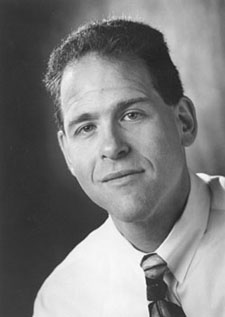
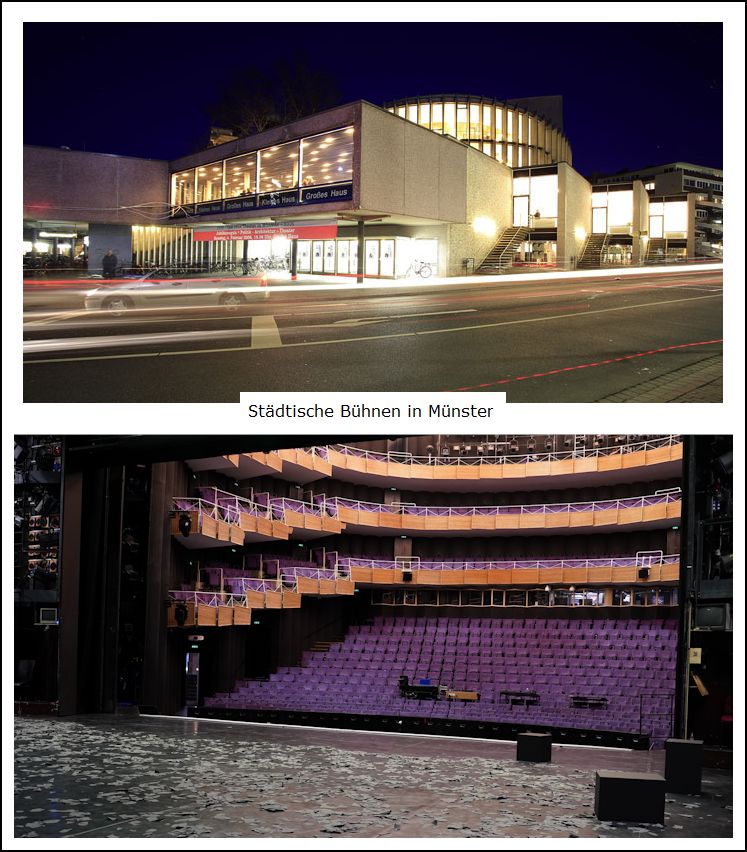
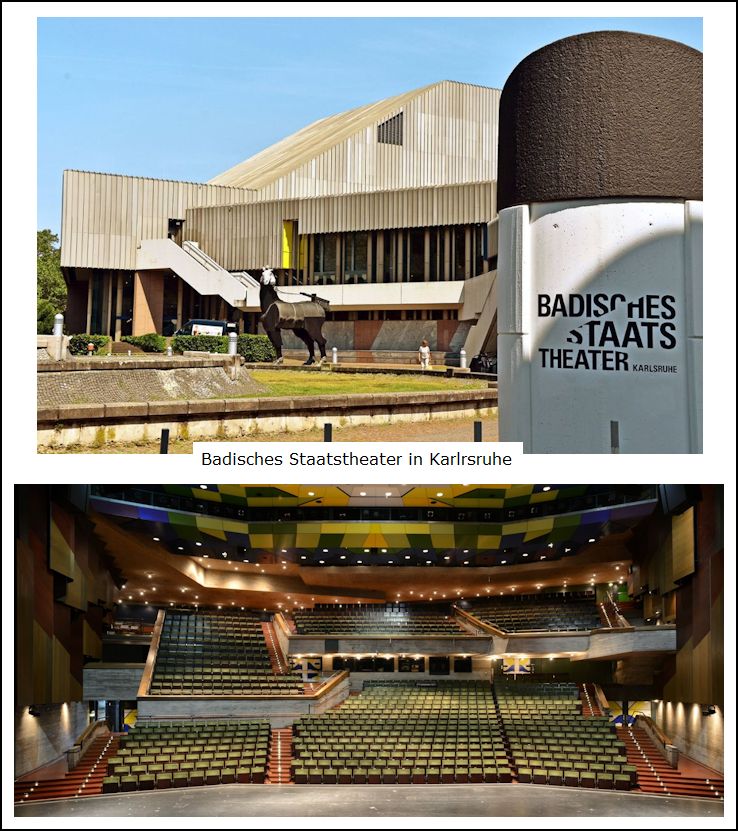
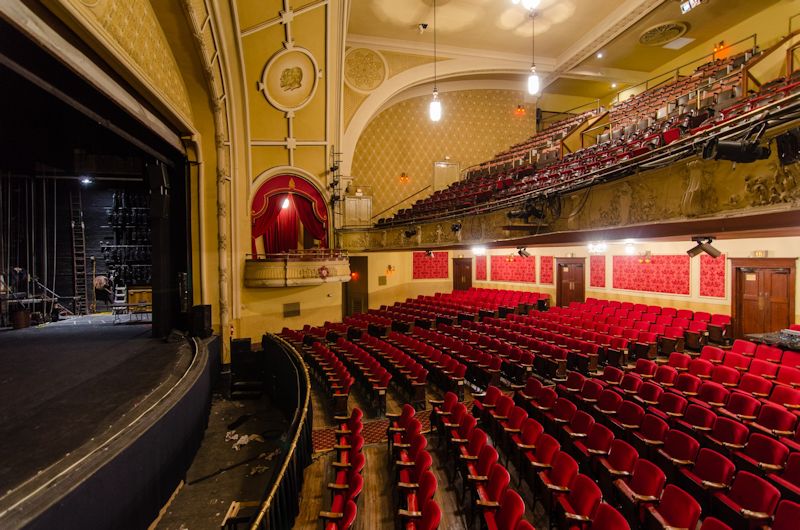
| The libretto of Idomeneo was adapted
by Giambattista Varesco (1735-1805) from a French text by Antoine Danchet,
based on a 1705 play by Crébillion père, which had been set
to music by André Campra as Idoménée in 1712.
Mozart and Varesco were commissioned in 1780 by Karl Theodor, Elector of
Bavaria for a court carnival. He probably chose the subject, though it
may have been Mozart. The work premiered on 29 January 1781 at the Cuvilliés
Theatre in Munich, Germany. The libretto clearly draws inspiration from Metastasio in its overall layout, the type of character development, and the highly poetic language used in the various numbers and the secco and stromentato recitatives. The style of the choruses, marches, and ballets is very French, and the shipwreck scene towards the end of act I is almost identical to the structure and dramatic working-out of a similar scene in Gluck's Iphigénie en Tauride. The sacrifice and oracle scenes are similar to Gluck's Iphigénie en Aulide and Alceste. Kurt Kramer has suggested that Varesco was familiar with Calzabigi
and therefore the work of Gluck, especially the latter's Alceste.
Much of what we see in Varesco's most dramatic passages is the latest French
style, mediated by Calzabigi. It is thanks to Mozart, though, that this
mixture of French styles (apart from a few choruses) moves away from Gluck
and France and returns to its more Italian (opera seria) roots. The
singers were all trained in the classical Italian style, and the recitatives
are all classically Italian. Letters between Mozart and his father show Wolfgang’s dissatisfaction, primarily with the excessive length of the text. Varesco resented the many cuts and changes that Mozart demanded, and insisted that his original text be published in full, which Mozart used as an excuse for cuts he made without the librettist's approval. In a letter from Mozart to his father, who acted as a go-between for him in Salzburg, Mozart notes Varesco's admission that he had "not the slightest knowledge or experience of the theatre." |
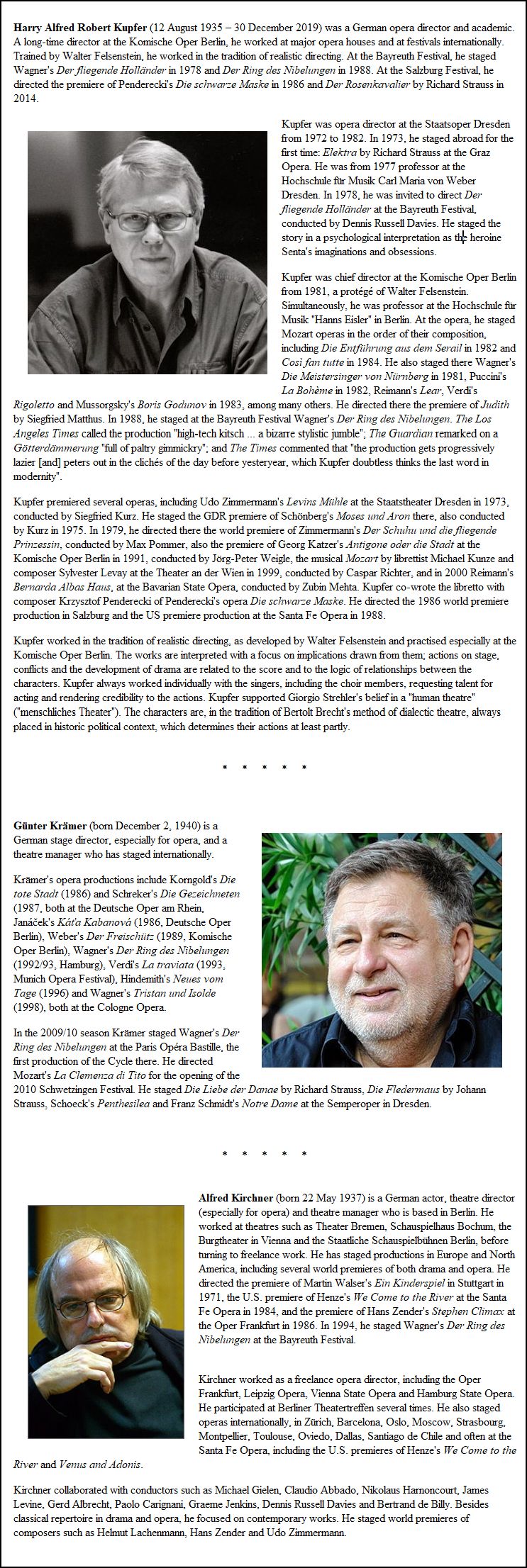
|
Der Traumgörge (Görge the Dreamer), Op. 11, is an opera in two acts and an epilogue by Austrian composer Alexander Zemlinsky. The libretto was written by Leo Feld based on the fairy tale "Vom unsichtbaren Königreiche"by Richard von Volkmann and the poem "Der arme Peter" by Heinrich Heine. Zemlinsky began composition of the Märchenoper (fairy-tale opera) in 1904 and completed it in 1906. Der Traumgörge was intended for performance at the Vienna State Opera (then known as the Vienna Court Opera), where Gustav Mahler, a mentor of Zemlinsky's, was musical director. Mahler had encouraged his younger colleague to compose the opera following the success of Es war einmal which Mahler had premiered in 1900. In 1907, the same year Der Traumgörge was scheduled for performance, Mahler hired Zemlinsky to be an assistant conductor. Shortly thereafter, however, Mahler abruptly resigned and his successor, Felix Weingartner, dropped Der Traumgörge from the schedule, even though the work had already gone into rehearsal. Zemlinsky himself then resigned in protest. Zemlinsky moved on to other compositional projects and, deciding that Der Traumgörge needed revision, made little effort to further promote it. The original performance materials were discovered in the archives of the Vienna State Opera in the 1970s, a period of renewed interest in Zemlinsky's music. This led to the opera's belated premiere at the Staatstheater Nürnberg, Germany, on 11 October 1980. |
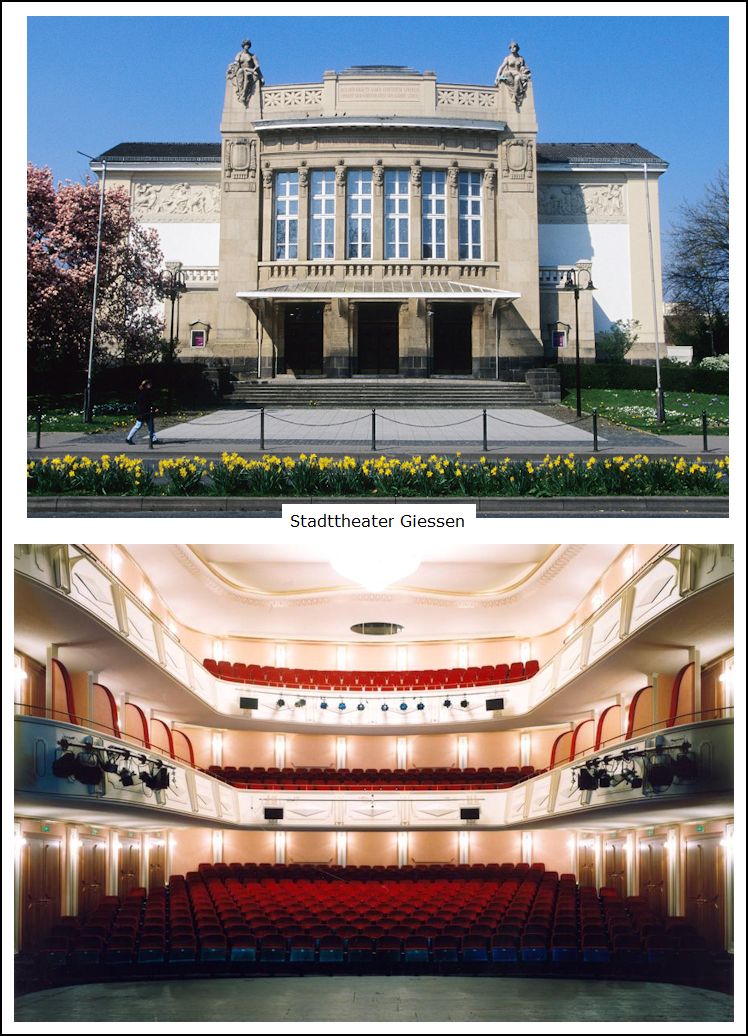
© 1991 Bruce Duffie
This conversation was recorded in Chicago on February 8, 1991. Portions were broadcast on WNIB two days later. This transcription was made in 2023, and posted on this website at that time. My thanks to British soprano Una Barry for her help in preparing this website presentation.
To see a full list (with links) of interviews which have been transcribed and posted on this website, click here. To read my thoughts on editing these interviews for print, as well as a few other interesting observations, click here.
Award - winning broadcaster Bruce Duffie was with WNIB, Classical 97 in Chicago from 1975 until its final moment as a classical station in February of 2001. His interviews have also appeared in various magazines and journals since 1980, and he now continues his broadcast series on WNUR-FM, as well as on Contemporary Classical Internet Radio.
You are invited to visit his website for more information about his work, including selected transcripts of other interviews, plus a full list of his guests. He would also like to call your attention to the photos and information about his grandfather, who was a pioneer in the automotive field more than a century ago. You may also send him E-Mail with comments, questions and suggestions.